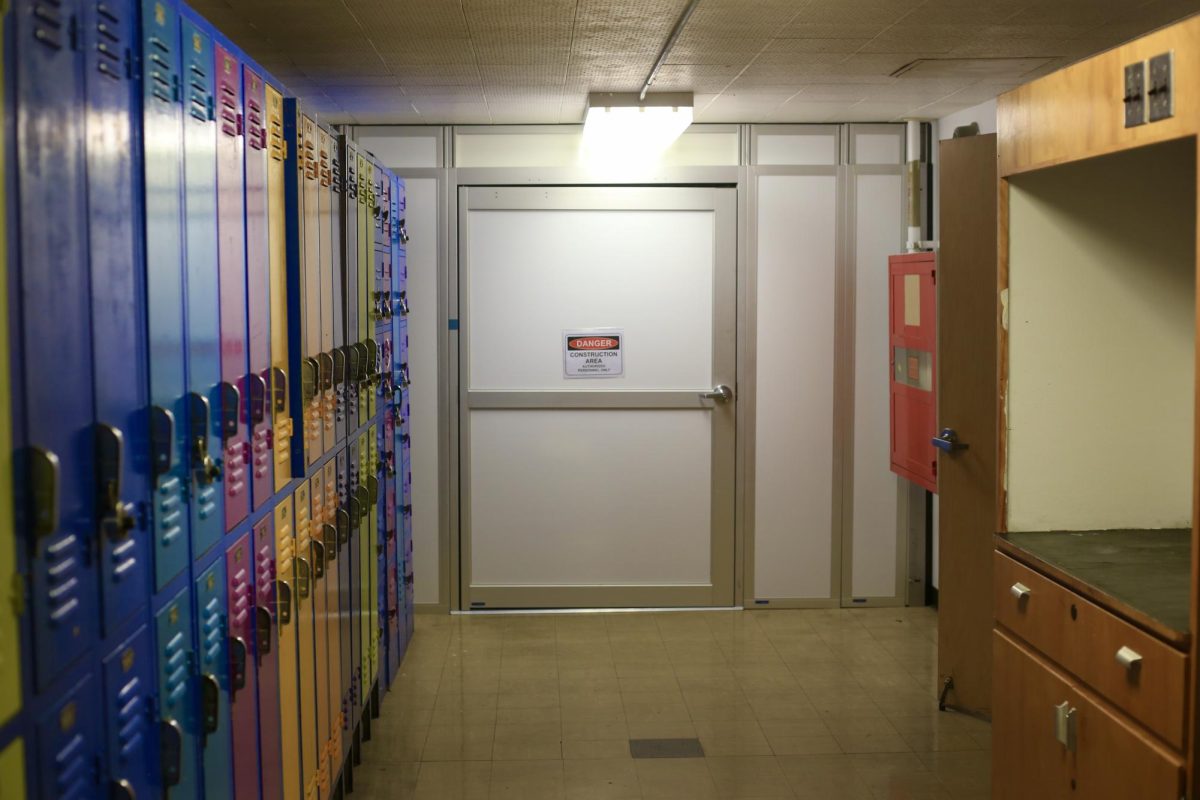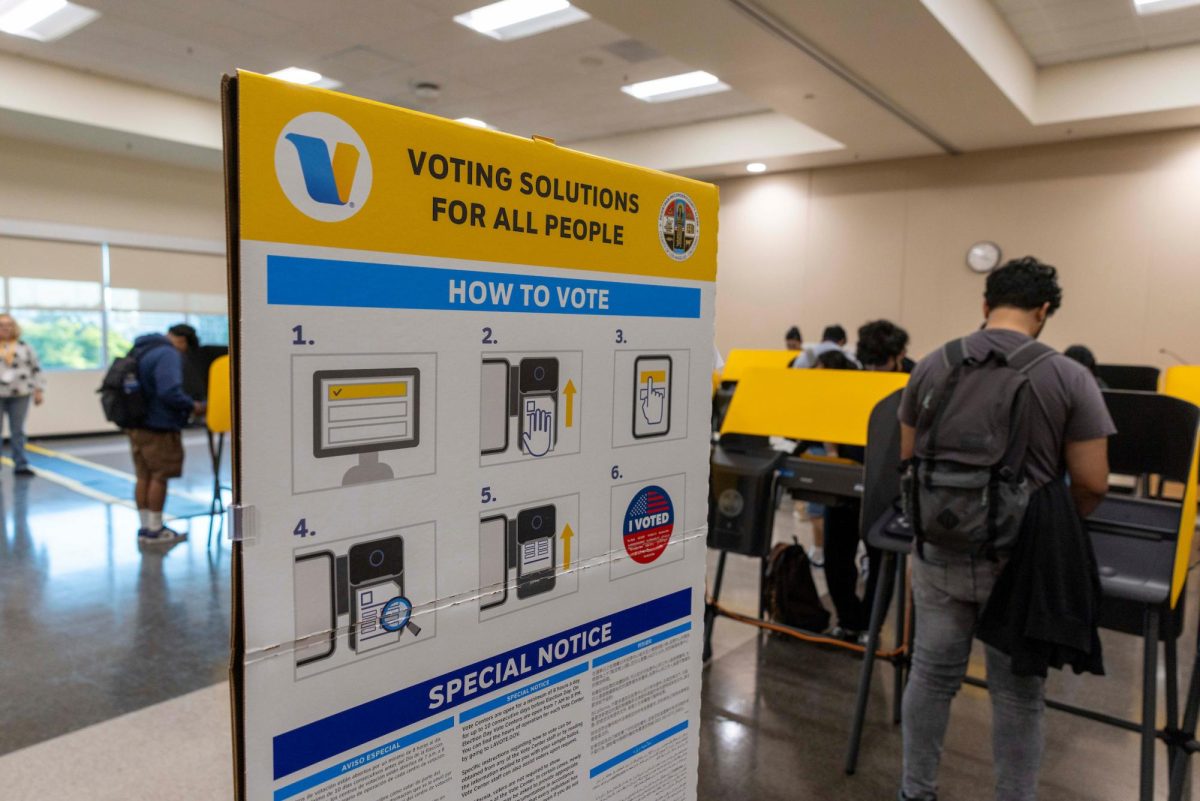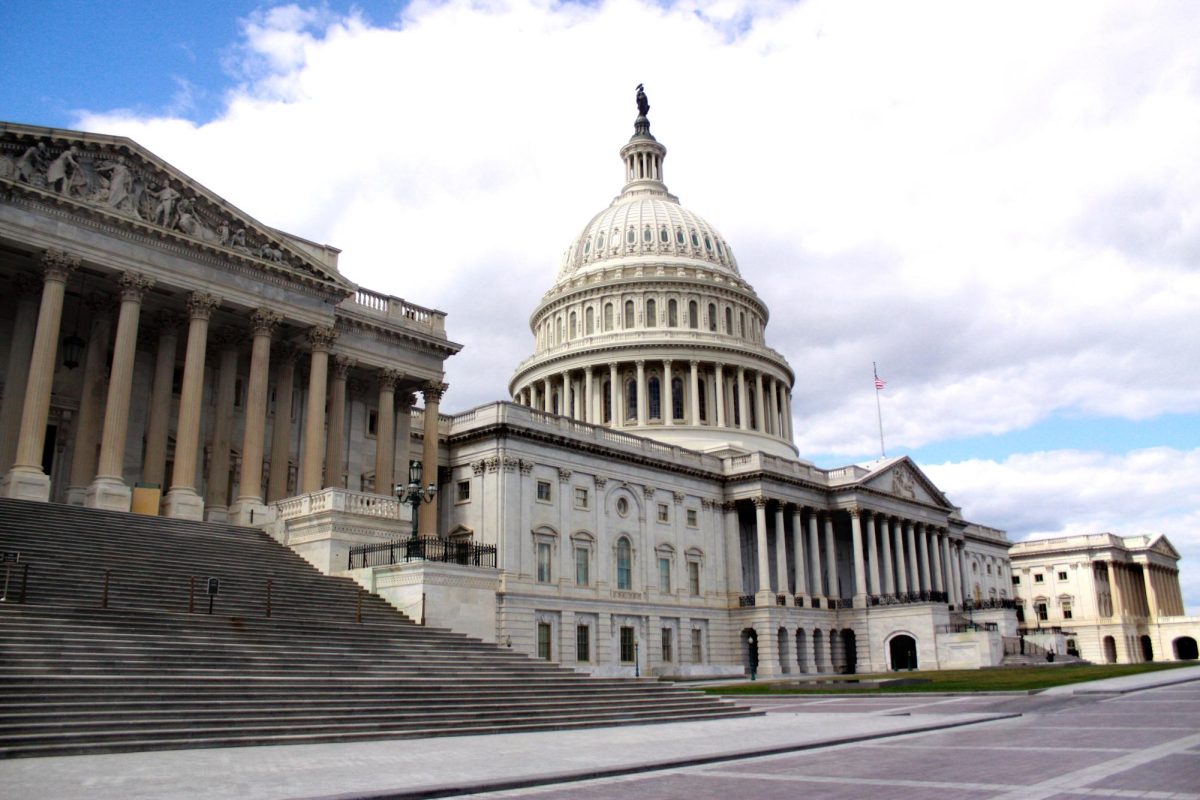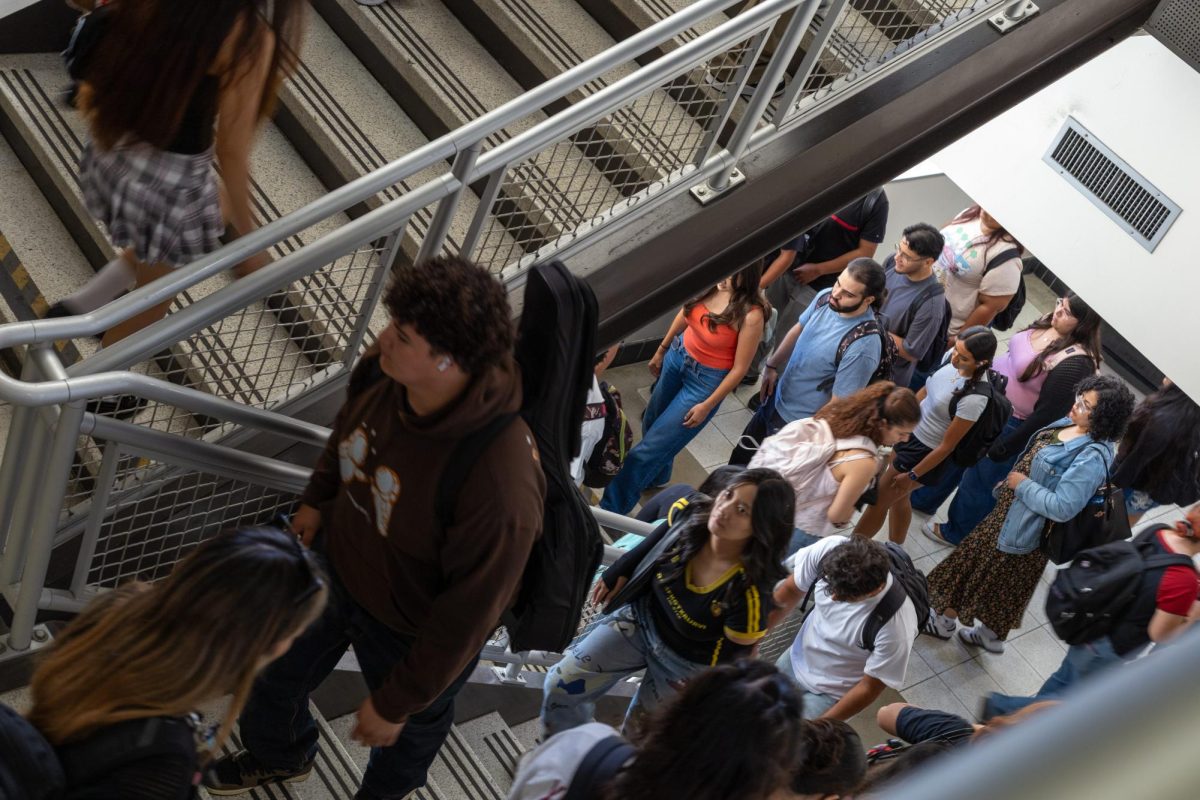On Nov. 5, millions of Americans flocked to polling places around the country to exercise their right to vote and have their voices heard. As votes were tallied and the night lingered on, it became evident that former President Donald Trump would return to office as the 47th president of the United States.
Trump won all seven swing states — Arizona, Nevada, Wisconsin, Michigan, Pennsylvania, North Carolina, and Georgia — and secured 312 electoral votes over Vice President Kamala Harris’ 226 electoral votes. He won the popular vote with over 76 million votes over Harris’ nearly 74 million votes.
To Cal State LA students like senior Niyusha Zarnegar, Trump’s victory did not come as a shock.
“I feel like a lot of people are primarily concerned with their day-to-day livelihood and quality of life. To see the status quo that the Biden administration, and then presumably in the eyes of voters that Harris wanted to continue, is not conducive to an improvement in their quality of life,” Zarnegar said. “They latched onto Donald Trump as a hope that any change is better than the status quo.”
In the weeks after election night, one of the explanations given by experts, TV pundits and social media users for Trump’s victory is that many voters deemed the state of the economy as their primary concern. The phrase coined by political consultant James Carville for Bill Clinton’s 1992 presidential campaign that is making a resurgence seems to encapsulate voters’ thoughts: “It’s the economy, stupid.”
In a contentious race where she constantly tried to distance herself from Biden, Harris ultimately could not differentiate herself enough from the policy of the Biden administration in the eyes of voters.
In an October appearance on the talk show “The View,” co-host Sunny Hostin asked Harris if she would have made different decisions than President Joe Biden over the past four years. Harris responded that “there is not a thing that comes to mind … and I’ve been part of most of the decisions that have had impact.”
This sentiment of dissatisfaction was reflected in the way Latino Americans voted. According to an NBC poll in September, 34% of Latinos said the cost of living was their most important issue, followed by jobs and the economy. NBC also reported that although Harris finished with the majority of the Latino vote at 53%, Trump experienced a 13-point increase from his 2020 election bid. Trump earned about 45% of the Latino vote and broke the previous Latino voter percentage record set by George W. Bush in 2004 by one percent.
Meanwhile, Harris underperformed in every battleground state (with the exception of Wisconsin) when it came to Latino voters. In comparison to Biden, Harris did significantly worse in Michigan, Pennsylvania and Texas. In Michigan, Harris lost 24 points, 21 points in Pennsylvania, and 15 points in Texas compared to Biden’s percentages in 2020.
In the weeks following the election, Democrats have been reflecting on what could have been done differently, pointing fingers at various people or reasons for why they lost. Sen. Bernie Sanders of Vermont claimed that Harris did not spend enough time appealing to the needs of the working class with policies like raising the minimum wage or lowering the cost of healthcare.
These beliefs were also echoed by student Elliot Avila, who also examined the failures of the Democratic Party.
“What matters is whether or not you’re having your basic needs met, and if people’s basic needs are not being met, they’re going to be desperate enough to look for anyone who gives them an answer to how to meet those basic needs,” said Avila. “The Republican Party is providing answers.”
With the Republican Party providing answers for the most concerning issue to the working class, other issues such as immigration seemed to come in second. According to the Pew Research Center, among Republicans 82% of Trump supporters reported immigration was their second most important issue, up 21 points from the last general election. Meanwhile, 39% of Harris voters said immigration was important to them this election.
Trump has called immigrants “animals” and “not human,” and spread false claims of Haitian migrants eating pets in Springfield, Ohio. Trump has called for the mass deportation of undocumented immigrants, and would declare a national emergency and use the military to build detention camps.
According to the American Immigration Council (AIC), a plan for mass deportation would be costly for the United States. To deport a million immigrants per year, it would take over ten years and cost the United States more than $960 billion. This includes adding up to 409,000 government employees and law enforcement officers. The AIC reported that the government would have to spend $7 billion to conduct a million arrests, $66 billion to detain a million immigrants, and $12.6 billion for legal processing.
“That’s insane,” said Avila regarding the cost. “Especially because as we already know illegal immigrants contribute tax money to our economy that they can’t pull out.”
Another issue that concerned Americans but appeared secondary to the economy was the topic of women’s reproductive health. In total, 10 states featured ballot measures, of which seven states chose to protect women’s reproductive rights. Colorado, New York, Maryland, Montana, and Nevada chose to retain abortion access. Voters in Arizona and Missouri voted to overturn their abortion ban. In Nebraska, two competing measures went head-to-head. A measure putting a 12-week ban into the state’s constitution passed, while a measure for the right to an abortion until viability was rejected.
Meanwhile, in states such as Florida and South Dakota, the measures failed to pass. In South Dakota, the constitutional right to an abortion was rejected, and in Florida, the right to an abortion up to the point of viability failed to pass.
This article was first published in the November 21 print edition of the University Times.



















